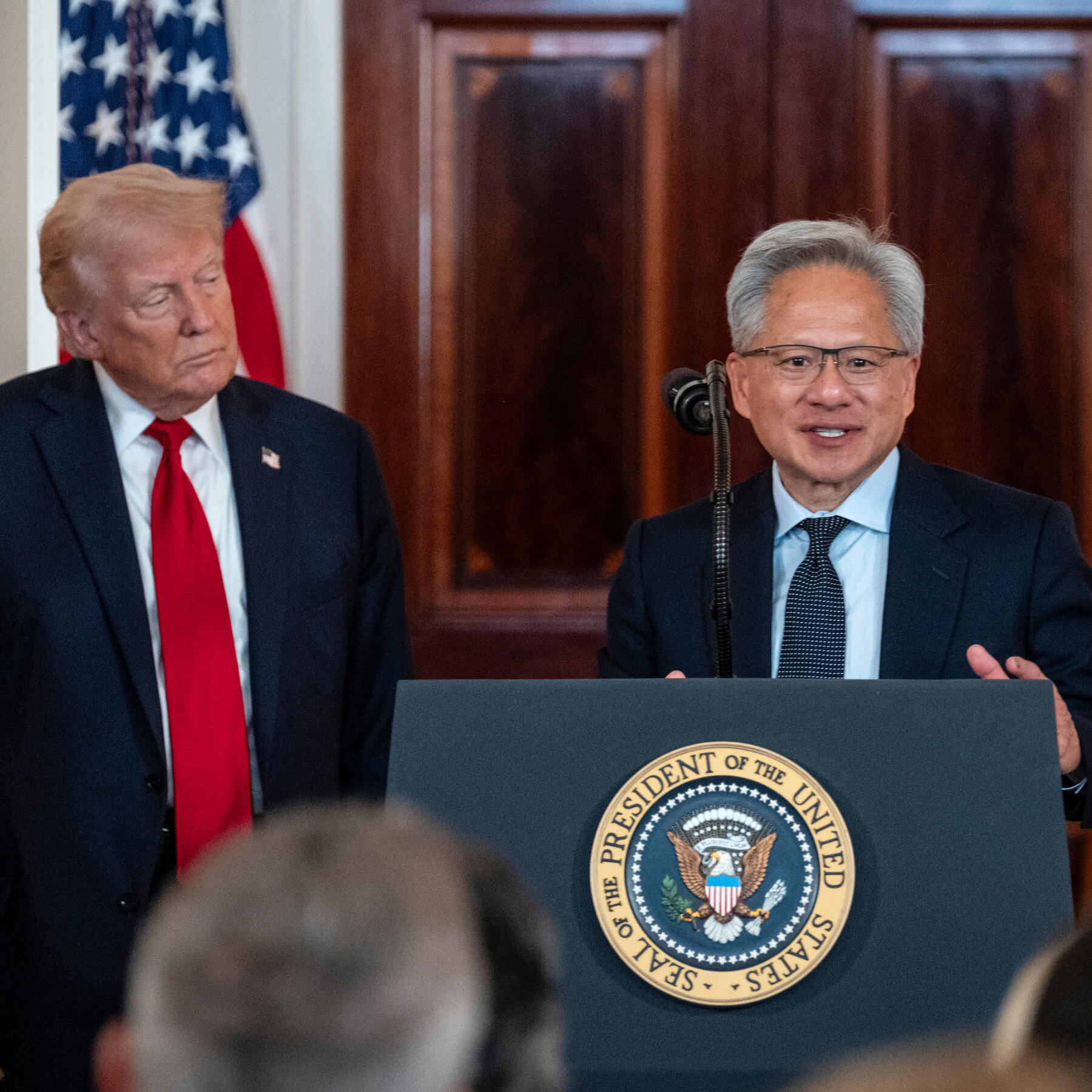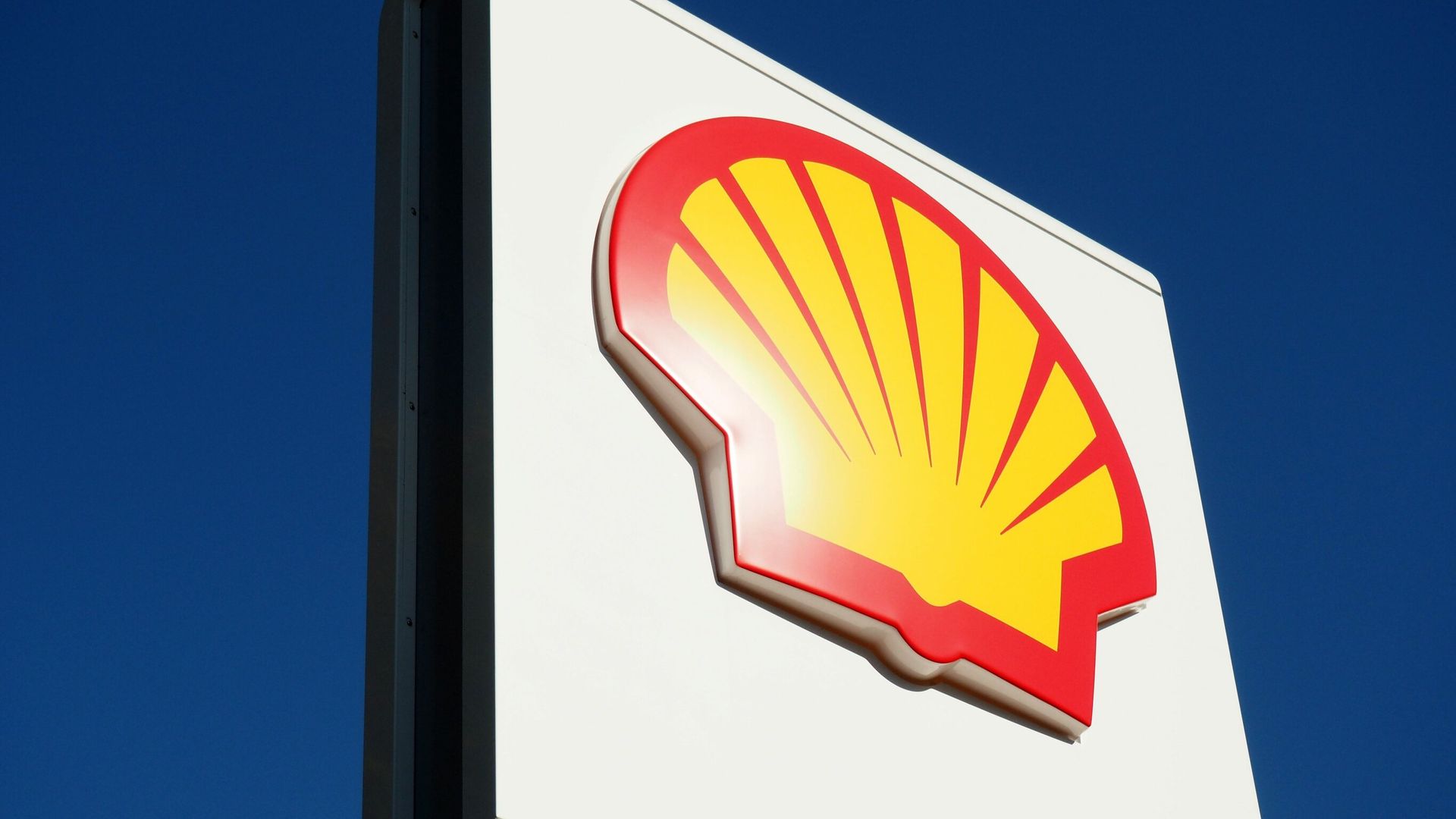

Three months after shutting down Nvidia’s artificial intelligence chip sales to China, the Trump administration has reversed course.
On Monday, the Silicon Valley company said in a blog post that the U.S. government had approved sales of a China-specific A.I. chip known as the H20. Nvidia will still need licensing approval from the U.S. government to fulfill those orders, but the Trump administration “has assured Nvidia that licenses will be granted,” the company said.
The decision came after Jensen Huang, Nvidia’s chief executive, met last Thursday with President Trump. Mr. Huang has spent months lobbying politicians across Washington to keep China open for A.I. chip sales. China has the potential to deliver billions of dollars in sales for the world’s most valuable public company, which last week became the first to reach a $4 trillion valuation.
Mr. Huang has also visited China several times this year, including a trip to Beijing this week where he is scheduled to give a news conference on Wednesday.
The Commerce Department and White House did not immediately respond to requests for comment.
The U.S. government has been concerned that the Chinese military could use A.I. chips to coordinate attacks and develop weapons. It has also wanted to preserve the U.S. lead in developing A.I. systems, which Nvidia has enabled by making the world’s most powerful and widely used A.I. chips.
Commerce Secretary Howard Lutnick told Congress during his nomination hearing in January that he thought Nvidia and other companies “need to stop helping” China and stop allowing it to use “our tools to compete with us.”
The Trump administration’s position posed a threat to Nvidia. Mr. Huang considers selling chips vital to Nvidia’s future because China is home to 50 percent of A.I. developers. China also spends more on chips than any other market in the world. Exiting the market could allow Huawei, the Chinese tech giant, to increase its sales and eventually compete against Nvidia overseas.
Mr. Huang has pressed the administration to roll back its restrictions on shipments of A.I. chips to China, arguing that closing off the China market will only hurt U.S. tech companies. He has also urged the administration to get countries around the world to build on chips and software made by U.S. companies.
“The American tech stack should be the global standard, just as the American dollar is the standard by which every country builds on,” Mr. Huang said during a podcast recorded last week in Washington with the Special Competitive Studies Project, a think tank.
Mr. Huang has a more optimistic view of U.S.-China relations than many in Washington. During the podcast, he said that China is a “competitor and adversary, not our enemy.”
Some members of the Trump administration have gradually come around to share Mr. Huang’s perspective, including David Sacks, the White House’s A.I. and crypto czar.
This is a developing news story and will be updated.










-3.png)



